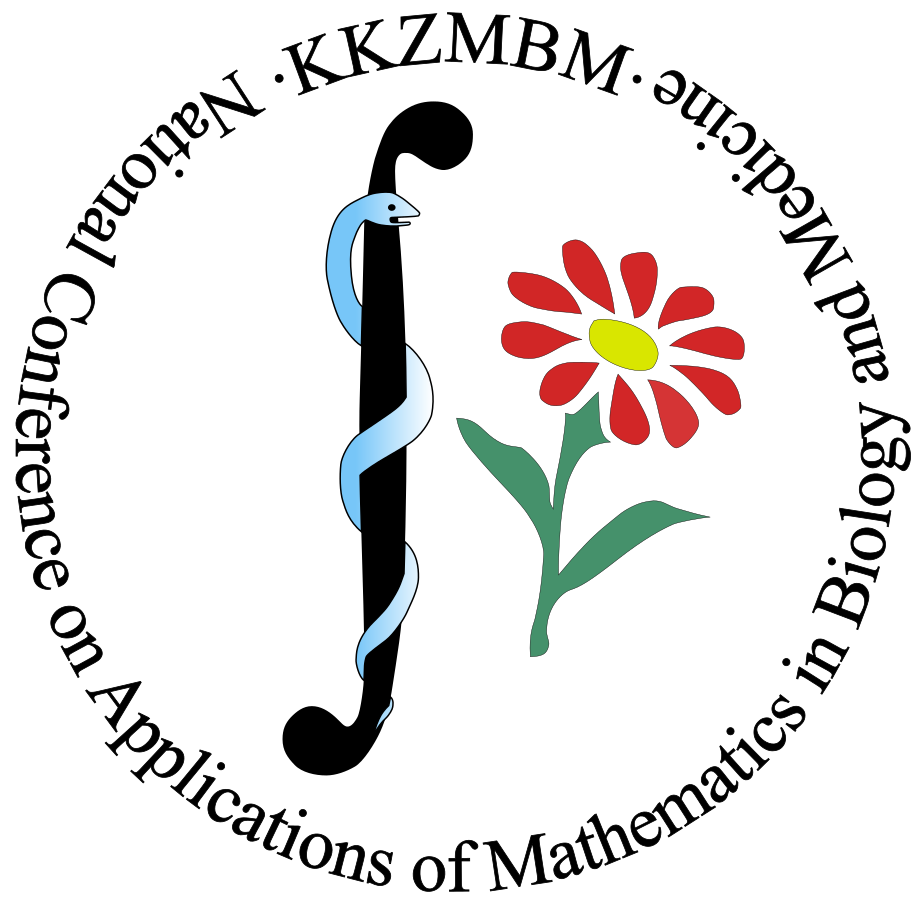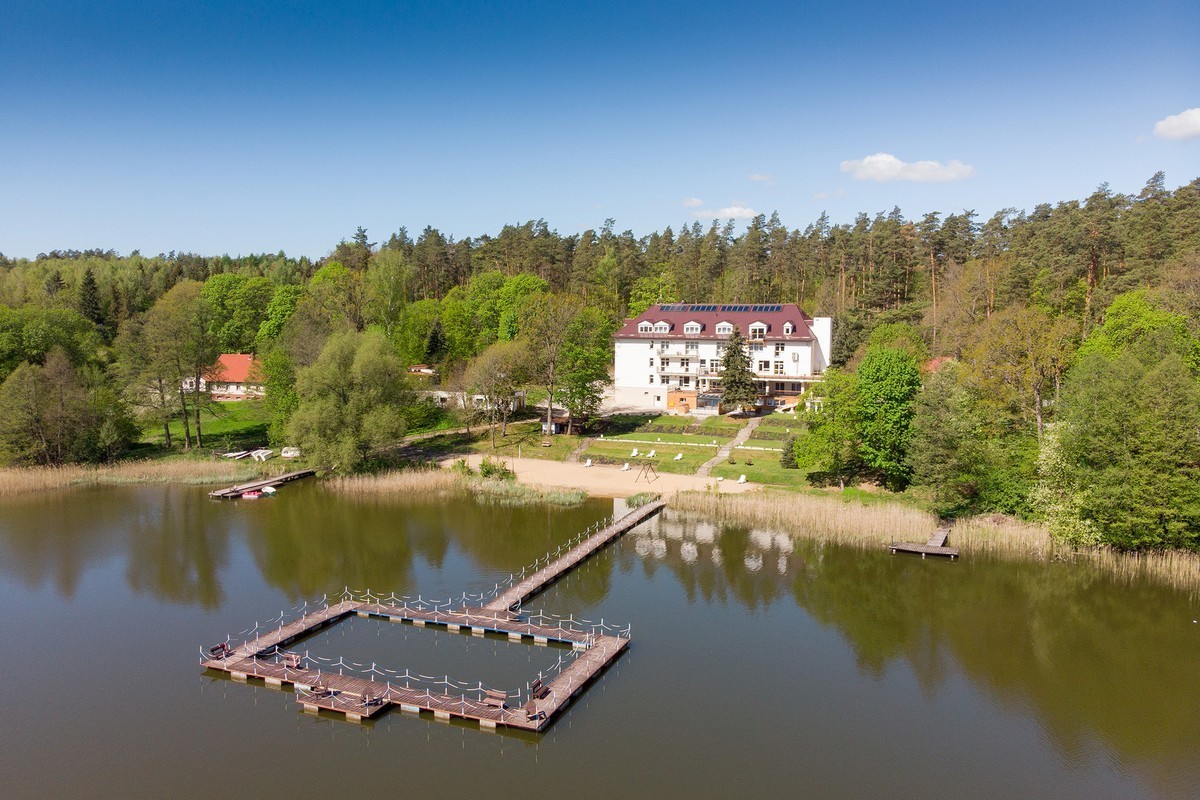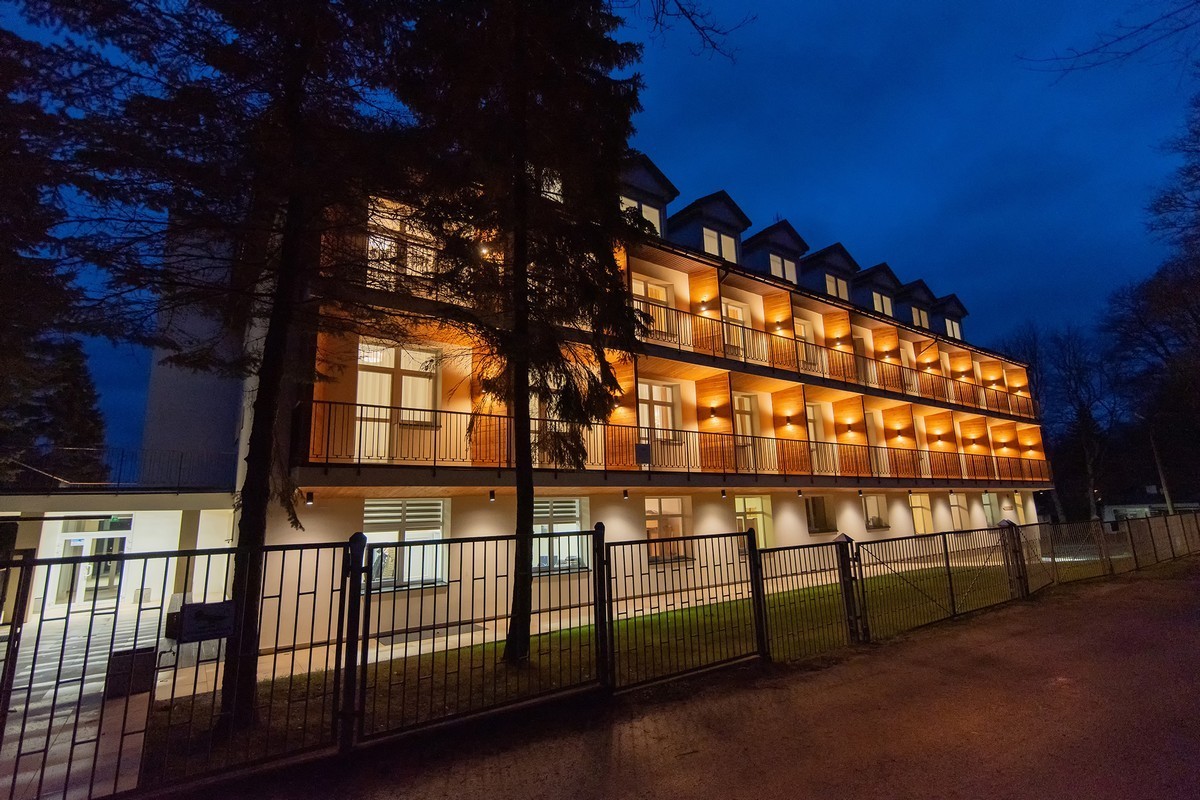
XXX National Conference on Applications of Mathematics in Biology and Medicine: International Edition
September 16 – 20, 2025
Wikno (near Nidzica)
Conference program
Tuesday, September 16th
| From 17:00 | Arrival and registration |
| 19:00 | Dinner |
Wednesday, September 17th
Thursday, September 18th
Friday, September 19th
Saturday, September 20th
| From 7:30 | Breakfast |
| Special Session II. Chair: | |
| 9:00 |
Invited lecture Eugene Kashdan Reconstruction and modular response analysis of intracellular transcriptional networks |
| 9:30 |
Invited lecture Yaroslav Bihun Modelling of immune response with ecological factor |
| 10:10 |
Zbigniew Peradzyński
On instability of prey-predator system |
| 10:35 | Coffee break |
| 10:55 |
Dominika Machowska
Hospital competition with age-structured patients and congestion effects: a differential game approach |
| 11:20 |
Agnieszka Wiszniewska-Matyszkiel
How not to trim the branch you are sitting on: Two models of a myopic marine economy with a realistic dynamics |
| 11:45 |
Mariusz Ziółko
Voice Frequency Analysis in PCOS Screening Tests |
| 12:10 |
Aleksandra Puchalska
Pangraphs as models of higher-order interactions |
| 12:35 | Closing |
| 13:00 | Lunch |






